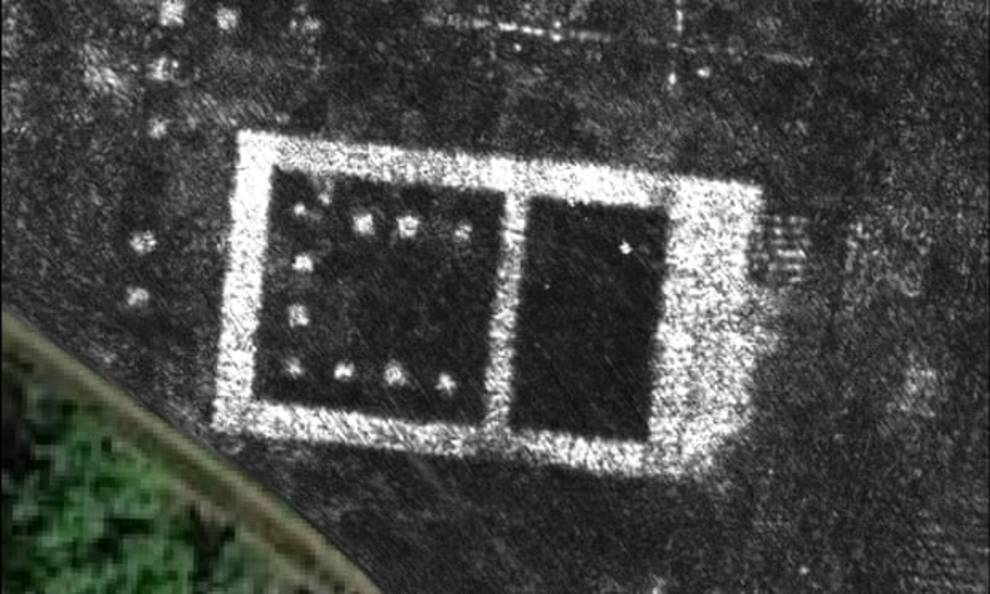
Georadar helped archaeologists restore the look of the ancient city
Scientists from the University of Cambridge were able to restore the appearance of the ancient city of Falerii Novi, using only ground penetrating radar. This is the first time that an ancient city has been mapped by radar technology.
Archaeologists were able to map the ancient city without excavation. To do this, they were forced to shine through every 12.5 cm. As a result, scientists were able to find out the city plan, as well as determine which buildings were built there. Research published in the scientific journal Antiquity.
Archaeologists have been able to identify unusual structures that were not even in Pompeii and other ancient Roman cities: a public pool, a piping system that diverged to different parts of the city, and two unknown buildings that looked like a temple.
Falerii Novi is a city founded in 241 BC during the time of the Roman Republic. It occupies a relatively small area and looks like a fenced off area of 30 hectares.
“Our study provides an opportunity to explore other, larger cities. For example, we can look at the ancient Miletus, Nikopol in Greece or Cyrene in Libya. At the moment we do not have much knowledge about everyday life in ancient Roman cities, but the radar will make it possible to make up for it,” says Martin Millett, a professor at Cambridge University.
Earlier in Scotland they found the oldest fossil in Millipedes world — she is 425 million years old. According to scientists from the University of Texas at Austin, this is the oldest arthropod found on Earth.
Archaeologists were able to map the ancient city without excavation. To do this, they were forced to shine through every 12.5 cm. As a result, scientists were able to find out the city plan, as well as determine which buildings were built there. Research published in the scientific journal Antiquity.
Archaeologists have been able to identify unusual structures that were not even in Pompeii and other ancient Roman cities: a public pool, a piping system that diverged to different parts of the city, and two unknown buildings that looked like a temple.
Falerii Novi is a city founded in 241 BC during the time of the Roman Republic. It occupies a relatively small area and looks like a fenced off area of 30 hectares.
“Our study provides an opportunity to explore other, larger cities. For example, we can look at the ancient Miletus, Nikopol in Greece or Cyrene in Libya. At the moment we do not have much knowledge about everyday life in ancient Roman cities, but the radar will make it possible to make up for it,” says Martin Millett, a professor at Cambridge University.
Earlier in Scotland they found the oldest fossil in Millipedes world — she is 425 million years old. According to scientists from the University of Texas at Austin, this is the oldest arthropod found on Earth.


